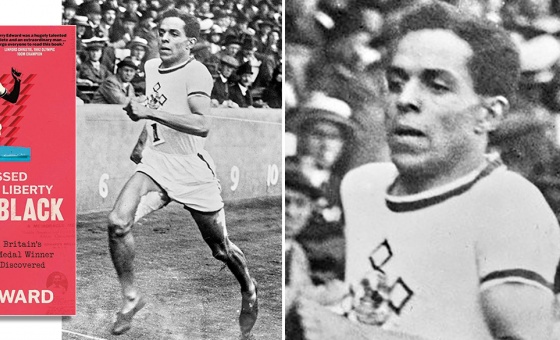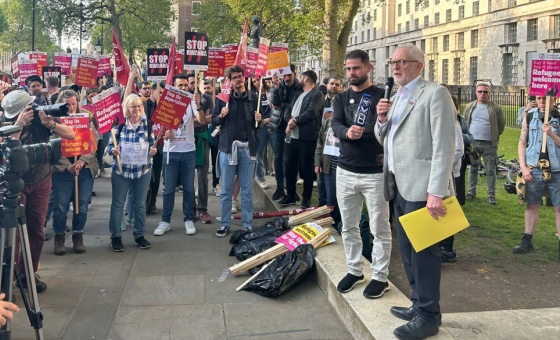This is the last article you can read this month
You can read more article this month
You can read more articles this month
Sorry your limit is up for this month
Reset on:
Please help support the Morning Star by subscribing here
FROM his youth in the Paris Conservatoire alongside his wife Myrto, a medical student, Mikis Theodorakis (1925-2021) espoused a Hellenism that looks outwards.
His settings of Greek poems such as Romiosyni and Eighteen Short Songs of the Bitter Motherland by Yannis Ritsos, Elytis’ Axion Esti and Seferis’ Arnisi are adored by Greeks.
But he also admired other poets. He set the Romancero Gitano of Federico Garcia Lorca, who by his murder by the Franco regime became an icon of resistance and the Canto General, a chronicle of Latin American oppression by Pablo Neruda.
His Mauthausen Trilogy, possibly the most beautiful piece of music about the Holocaust, is written in Greek, Hebrew and German.
He was commissioned to write Canto Olympico/Olympic Song, a symphonic oratorio in six movements, for the Barcelona Olympics (1992). His outlook helped make Greek art music universal.
Theodorakis met fellow communist Neruda in Chile and the two men became firm friends. Neruda attended the rehearsals for Canto General in Paris, 1972. His popularity extended far and wide to Scandinavia, Poland, Russia and Germany.
Olof Palme, the assassinated prime minister of Sweden, remembered for his peace activism and opposition to apartheid, was a personal friend.
Palme had requested that Theodorakis’s song Einai Megalos o Kaimos (The anguish is great) was to be sung at his funeral.
A young Angela Merkel attended his concert in East Berlin and wrote on his behalf during his incarceration in Greece by the right-wing junta (1967-70).
Dmitri Shostakovich, who had admired and helped him early in his career, also spoke up for him at this difficult time.
The Greek singer and political and cultural activist Maria Farantouri gave an affecting performance of To Gelasto Paidi (a setting of The Laughing Boy from The Hostage by Brendan Behan) in Athens in 1974 that linked the lyric to the Athens Polytechnic student uprising of 1973 that would lead to the end of the colonels’ rule.
Behan’s verse pays tribute to Michael Collins, one of the leaders of the Easter Rising assassinated in 1922.
This connection between Theodorakis and the cause of national liberty led to an emotional tribute by the Irish president, Michael D Higgins, following the composer’s recent death.
On September 2 2021 a minute’s silence was held for Theodorakis before a performance of a new play by Jack Harte, The Laughing Boy, at the New Theatre in Temple Bar, Dublin.
Exiled in Paris after the military coup d’etat of 1967, Theodorakis formed a close friendship with Melina Mercouri and her husband, the US film director Jules Dassin.
Dassin had come to Europe after being blacklisted by the McCarthy’s House Un-American Activities Committee (HUAC).
In exile Mercouri helped keep the voice of Greece alive by singing Theodorakis’s songs and Dassin collaborated with him on film scores.
He also memorably composed the title music for Michael Cacoyannis’s Zorba the Greek and Sidney Lumet’s Serpico.
Theodorakis opposed the occupation of the West Bank and Gaza and at the invitation of Yasser Arafat he composed the Palestinian National Anthem.
In 1982 he visited Beirut as an official guest of the Lebanese minister of culture to present and perform it to an audience of Palestinian, Lebanese and Syrian fans — he was
accompanied by Charilaos Florakis, general secretary of the Communist Party of Greece (KKE).
During his career Theodorakis gave many concerts in destinations such as Beirut, Damascus, Havana and Moscow (with fellow communist and poet Yannis Ritsos) revered by his audiences.
On October 5 2020, he wrote a letter to Dimitris Koutsoumbas, the general secretary of the KKE: “Now at the end of my life, at the time of reckoning (…) I see that my most critical, strong, and mature years were spent under the banner of the KKE. That is why I want to leave this world as a communist.”












